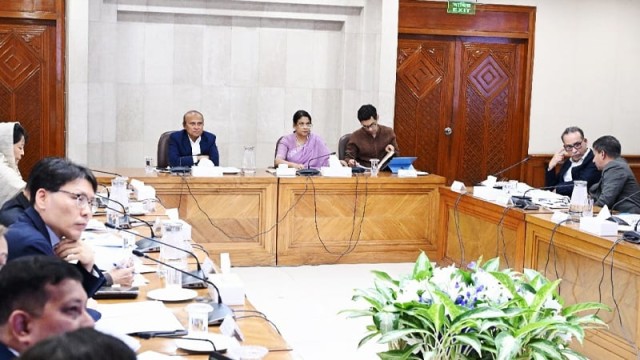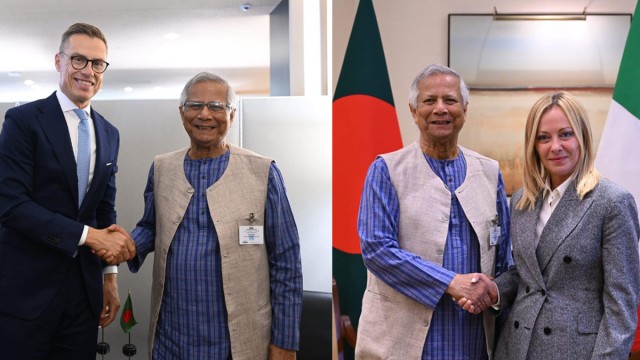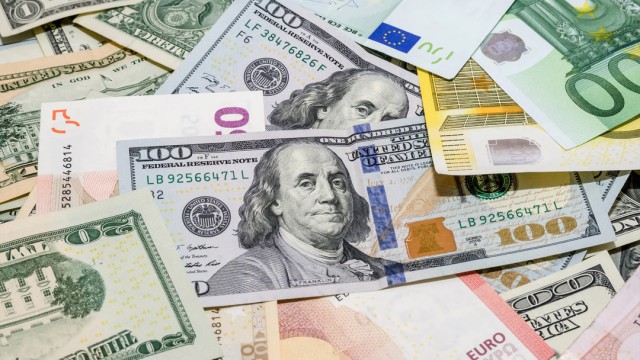New York, Sept 25 (V7N) – Leaders from over 120 countries unveiled new national climate action plans and pledges on Wednesday during a high-level week session of the United Nations General Assembly, signaling renewed commitment to addressing global climate challenges. The summit was convened by UN Secretary-General António Guterres alongside Brazilian President Luiz Inácio Lula da Silva, host of the upcoming COP30 conference in Belém this November.
Leading climate scientists Johan Rockström and Katharine Hayhoe highlighted the urgency of accelerating global climate action. They warned that greenhouse gas emissions continue to rise, with global temperatures exceeding 1.5 degrees Celsius last year, surpassing the target set in the 2015 Paris Agreement. Despite this, both emphasized that achieving the 1.5-degree goal remains possible through stronger commitments, faster timelines, and global collaboration.
Under the Paris Agreement, countries submit Nationally Determined Contributions (NDCs) outlining actions to limit emissions. Secretary-General Guterres noted that over the past decade, global temperature rise projections have decreased from four degrees to less than three degrees, contingent on full implementation of existing plans. He urged nations to prepare more ambitious plans for 2035, focusing on emissions cuts, energy transitions, forest conservation, methane reduction, heavy industry reforms, and climate justice for developing nations.
President Lula stressed that the energy transition represents a transformative opportunity akin to the Industrial Revolution and emphasized that NDCs serve as a roadmap for each country’s journey. Brazil pledged to reduce all greenhouse gas emissions by 59 to 67 percent across all sectors and continue efforts to end deforestation by 2030.
China, through President Xi Jinping’s video message, committed to reducing net greenhouse gas emissions by 7 to 10 percent from peak levels by 2035, increase the share of non-fossil fuels in total energy consumption to over 30 percent, and expand wind and solar capacity sixfold compared to 2020.
The European Union reported nearly a 40 percent reduction in emissions since 1990 and committed to mobilizing up to 300 billion Euros globally to support the clean energy transition. European Commission President Ursula von der Leyen also emphasized continued global partnerships and climate finance support.
Belize highlighted the existential stakes of climate change. Prime Minister Johnny Briceño outlined the country’s new NDC, which includes generating 80 percent of domestic electricity from renewable sources by 2035, restoring 25,000 hectares of degraded forest, and planting one million trees over the next three years. He stressed that small climate-vulnerable nations require scaled-up financial support, accessible technology, and global partnerships to achieve these goals.
The summit underscored that international cooperation, ambitious targets, and timely action are essential to meet the goals of the Paris Agreement and prevent worsening global climate impacts.
END/UN/SMA/AJ/































Comment: